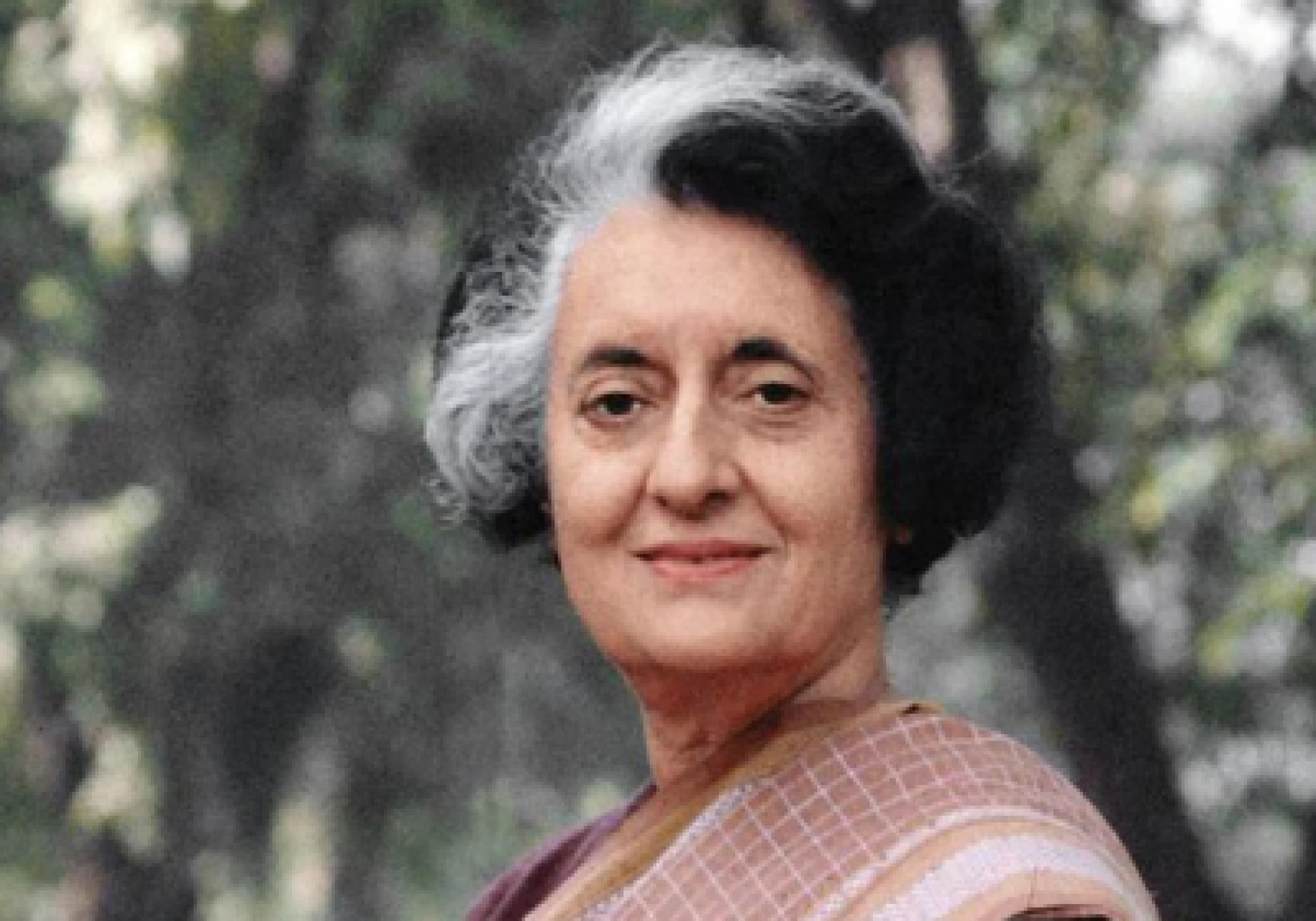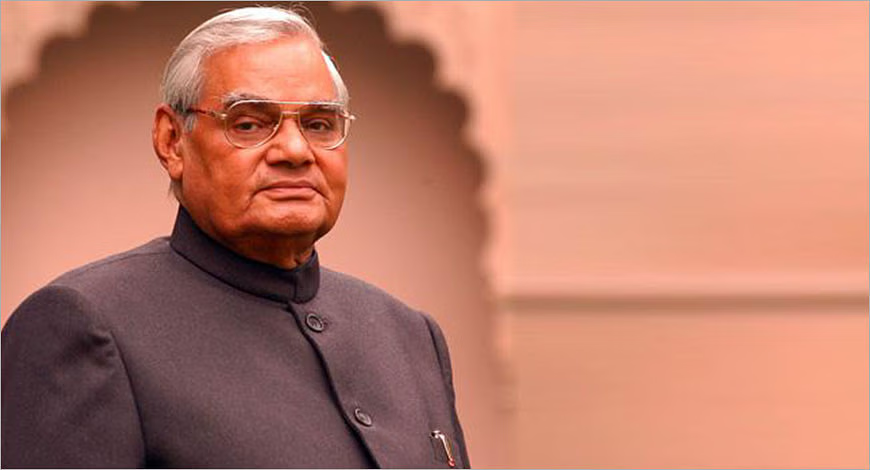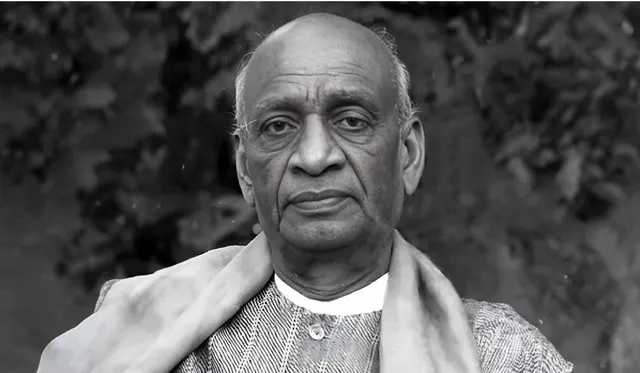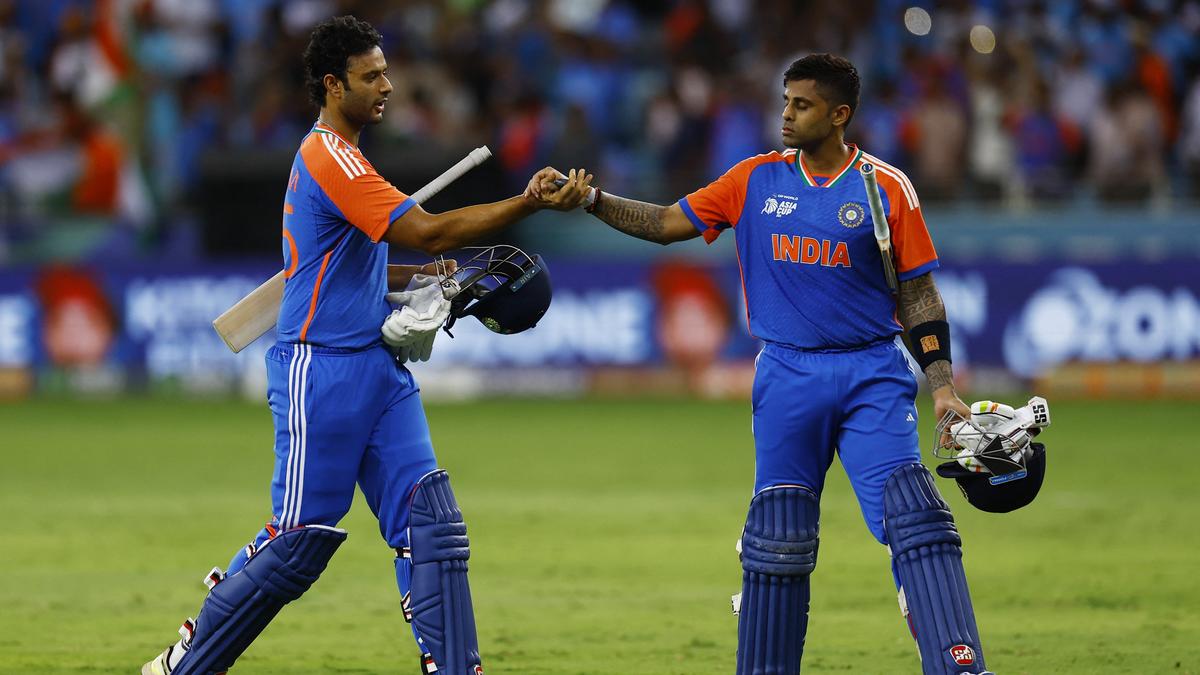Manmohan Singh Biography: Life, Political Journey, Achievements, and Legacy
Introduction
Dr. Manmohan Singh is one of India’s most respected economists, scholars, and politicians, best remembered as the 13th Prime Minister of India (2004–2014). A man of humility, intellect, and integrity, he is widely credited with liberalizing the Indian economy in 1991 as Finance Minister. The Manmohan Singh Biography reflects his journey from a modest Sikh family in Punjab to becoming a global statesman and architect of modern India’s economic growth.
Personal Information
- Full Name: Dr. Manmohan Singh
- Date of Birth: 26 September 1932
- Birthplace: Gah, Punjab (now in Pakistan)
- Nationality: Indian
- Zodiac Sign: Libra
Physical Appearance
- Height: 5 feet 5 inches (165 cm)
- Weight: Approx. 65 kg
- Hair Color: White
- Eye Color: Brown
- Build: Slim
Early Life and Childhood
Manmohan Singh was born in Gah village, Punjab (undivided India, now Pakistan). After Partition in 1947, his family migrated to Amritsar, India. Despite hardships, Singh excelled in academics, showing brilliance in mathematics and economics. His early struggles shaped his character of discipline, humility, and perseverance.
Education
- Completed schooling in Amritsar.
- Studied Economics at Panjab University, Chandigarh (1952, BA; 1954, MA).
- Awarded the Cambridge University (St. John’s College) Scholarship, earning a degree in Economics.
- Completed his Doctorate (DPhil) from Oxford University (Nuffield College) on India’s export competitiveness.
Singh’s education laid the foundation for his role as one of the world’s top economists.
Academic and Professional Career
Before politics, Singh had a distinguished career as an academic and economist:
- Professor at Delhi School of Economics.
- Worked with the United Nations Conference on Trade and Development (UNCTAD).
- Served as Governor of Reserve Bank of India (1982–1985).
- Deputy Chairman of the Planning Commission (1985–1987).
Entry into Politics
Manmohan Singh entered politics in 1991, when Prime Minister P. V. Narasimha Rao appointed him as the Finance Minister of India.
1991 Economic Reforms:
- Liberalized the Indian economy by reducing state control.
- Opened up foreign investment.
- Devalued the rupee for competitiveness.
- Reduced trade tariffs and encouraged globalization.
These reforms transformed India into one of the world’s fastest-growing economies.
Prime Minister of India (2004–2014)
Dr. Manmohan Singh became India’s 13th Prime Minister in 2004 as leader of the United Progressive Alliance (UPA), with Sonia Gandhi declining the position.
Key Achievements as Prime Minister:
- Maintained high economic growth (2004–2008).
- Launched Mahatma Gandhi National Rural Employment Guarantee Act (MGNREGA).
- Expanded Right to Information Act (RTI).
- Introduced Right to Education Act (RTE).
- Signed the Indo-US Civil Nuclear Agreement (2008), ending nuclear isolation.
- Focused on inclusive growth, social welfare, and infrastructure development.
Major Achievements
- Architect of India’s 1991 liberalization reforms.
- Two-term Prime Minister of India.
- Strengthened India-US relations through nuclear deal.
- Respected globally as a man of integrity and intellect.
- Awarded Padma Vibhushan (1987) and numerous global honors.
Challenges and Criticism
- Criticized for being a “silent PM”, often overshadowed by party leadership.
- Faced major corruption scandals during UPA-II (2G scam, Commonwealth Games scam, Coal scam).
- Economic slowdown during 2012–2014 dented his popularity.
Personality and Leadership Style
Manmohan Singh is admired for his simplicity, humility, and honesty. Known for his soft-spoken nature, he led India with dignity and intellect. Unlike aggressive politicians, Singh believed in consensus-building and quiet efficiency.
Legacy and Impact
The Manmohan Singh Biography highlights his dual legacy:
- As Finance Minister (1991) — the man who saved India from an economic crisis and ushered in liberalization.
- As Prime Minister (2004–2014) — the leader who expanded India’s global role and welfare programs, though criticized for lack of political assertiveness.
Despite criticisms, Singh is remembered as one of India’s cleanest and most scholarly Prime Ministers.





